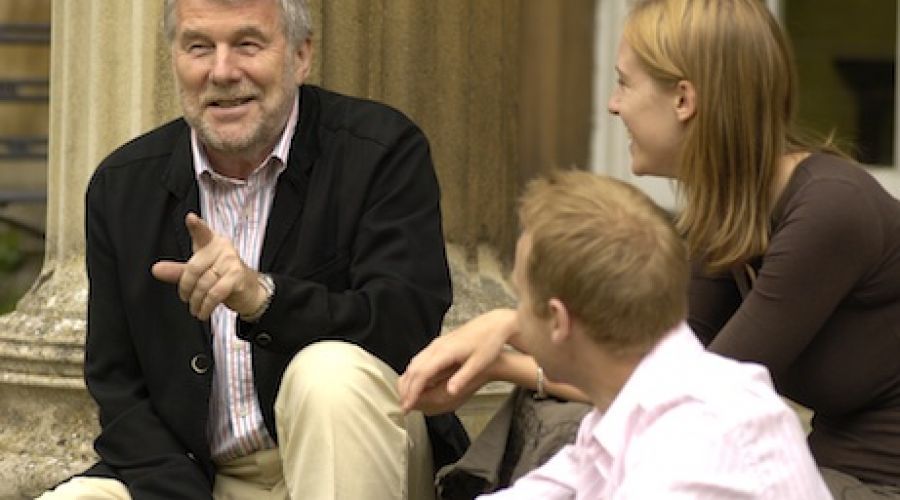
Gates Cambridge's Provost Professor Barry Everitt begins his term as President of The Society for Neuroscience this month.
My goal is to help the Society continue to fulfill its mission of intellectual inquiry into the brain and to support neuroscience training, outreach and advocacy internationally.
Professor Barry Everitt
Gates Cambridge Provost Professor Barry Everitt will begin his term as The Society for Neuroscience’s new President later this month during Neuroscience 2019.
In addition to his role at the Gates Cambridge Trust, Professor Everitt is also Director of Research, emeritus Professor of Behavioural Neuroscience in the Department of Psychology at the University of Cambridge and a former Master of Downing College.
Professor Everitt was first elected to SfN Council in 2014. In addition, he has served in a number of leadership roles in the Society, including as Programme Committee Chair in 2012. He was also recently President of the Federation of European Neuroscience Societies (FENS). His research focuses on the neural and psychological mechanisms underlying learning, memory and motivation, in particular on understanding drug addiction and the development of novel treatments.
He is the first member based outside of North America to hold the SfN President position since the Society was founded in 1969. His term begins on 22nd October.
The Society’s membership includes a broad spectrum of neuroscientists from countries around the world, with members outside the US representing nearly 40 percent of SfN’s 36,000 membership and 2019 abstract submitters, and more than 50 percent of 2019 manuscript submissions to the Society’s journals.
According to Professor Everitt, his involvement with SfN has been a source of learning and enjoyment. “My goal is to help the Society continue to fulfill its mission of intellectual inquiry into the brain and to support neuroscience training, outreach and advocacy internationally,” he said. “I am very honoured by the confidence that my fellow members have placed in me to lead during this extraordinary time and as we celebrate the society’s 50th anniversary.”












